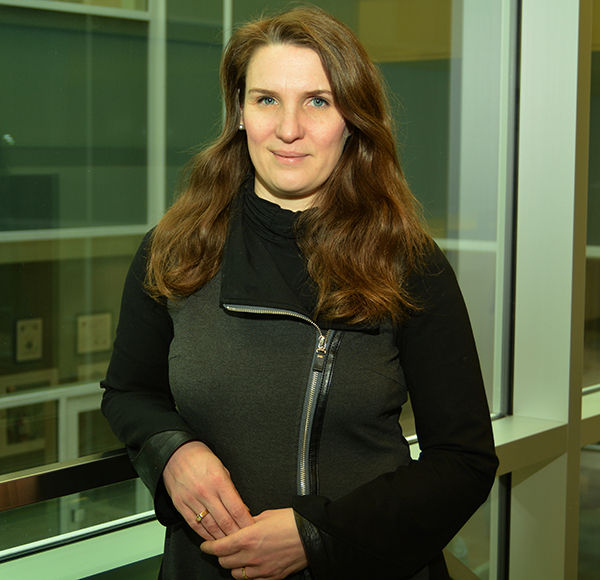‘The scariest part is the uncertainty’ – New therapeutic tool proven effective for MS patients with mental health challenges
It was a diagnosis that came as a shock for 28-year-old Mitch Kuska who found out he had Multiple Sclerosis (MS) at the age of 26. “I went from being a young 26-year-old doing regular things, to having to learn about this disease and everything that goes along with it and how it will affect my life." Kuska, an avid cyclist, says knowing that one day he may not be able to physically do the things he loves has been the hardest part of his MS journey so far. “The scariest part for sure is the uncertainty, because I don’t know what the future holds for me. Before I could look into the future and feel for the most part that I would be healthy.”

“It can be a stressful time for people as they have just been diagnosed with a chronic neurological disease that will last the rest of their life,” says Dr. Sarah Morrow, Neurologist and Associate Scientist at Lawson.

As part of the study, 24 newly diagnosed RMS patients were recruited including Kuska. Participants were split up into two groups, either the treatment group or the control group. The treatment group took part in ten sessions of the Mindfulness Without Borders program.

The participants were evaluated before the sessions and then six months later to see if there was a difference between the two groups. “Immediately after the sessions when we compared the two groups, those in the mindfulness were reporting better coping skills and less perceived stress, and their symptoms of depression had been reduced,” adds Dr. Morrow.
“During the study treatment, I definitely noticed myself being more mindful of my symptoms. Sensing little changes in my body and little feelings here and there,” explains Kuska. “I was more in tune with myself and I felt this mindfulness tool helped me get into the right mindset to start dealing with MS.”
Following these initial findings published in Multiple Sclerosis and Related Disorders, the London research team plans to examine them in a larger study. They are also working to examine if the use of mindfulness would be helpful for people who are in the more progressive stages of MS.




